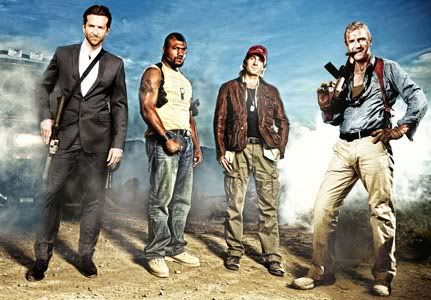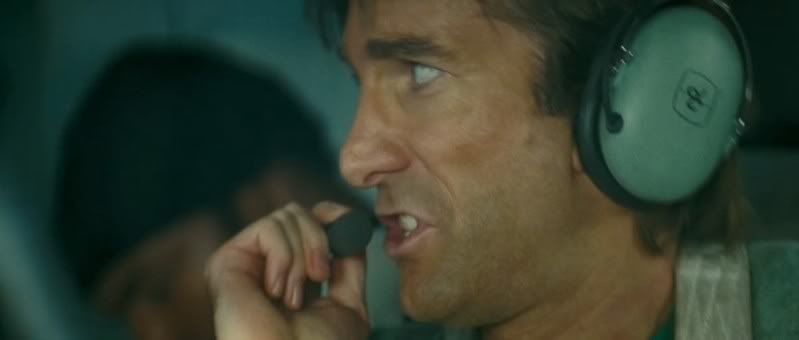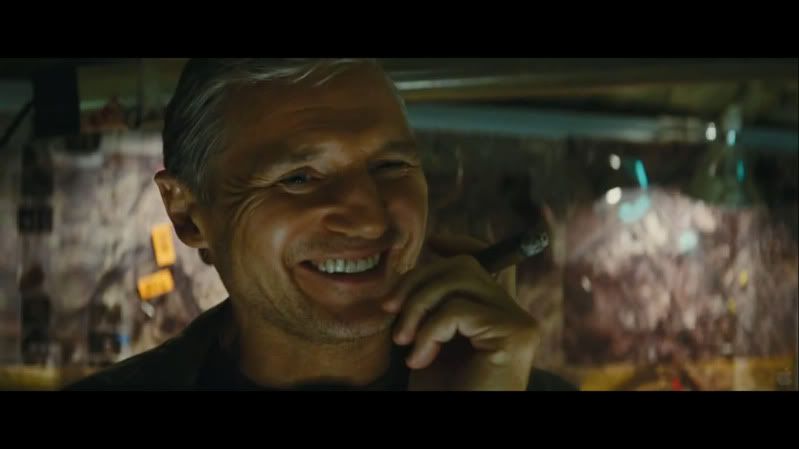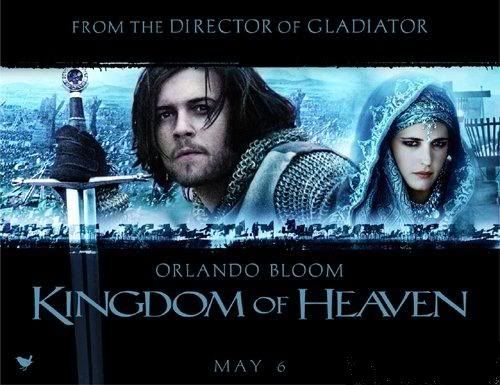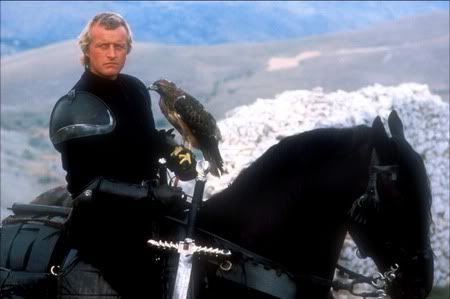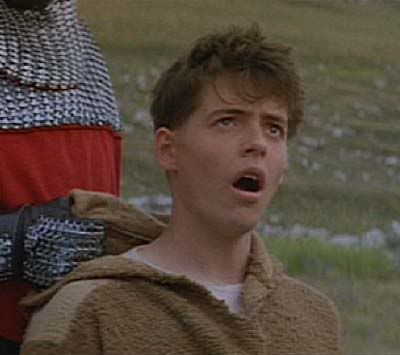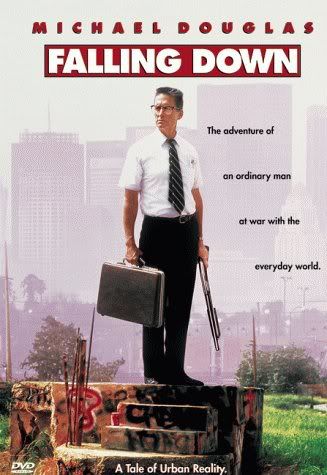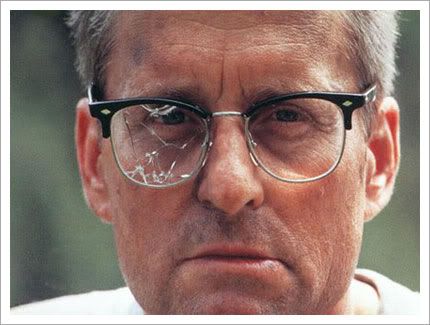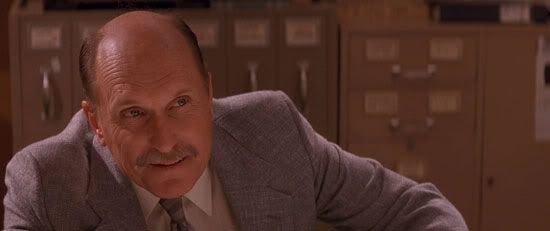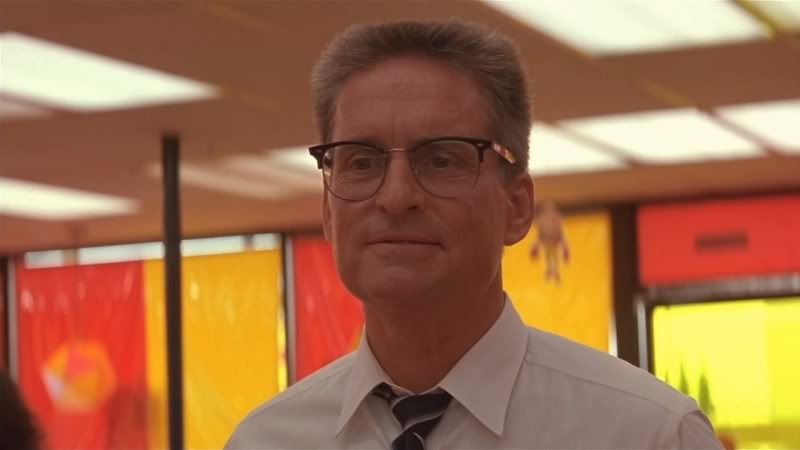
{No audio this week. We apologize for the inconvenience.}
Like many movie-goers, my first taste of Robert Rodriguez came in the form of Desperado. I wasn’t plugged into the indy film scene when I was a lad so El Mariachi kind of passed me by. The follow-up, however, grabbed me by the collar, fed me a shot of tequila and kicked me square in the ass, and I liked it. Now while I was blown away by the action, to say nothing of the always-appealing Salma Hayek, one of the things that stuck out in my mind was the silent knife-throwing assassin sent by the absentee drug lords. He was played by an absolute mountain of a Mexican, a man they call Danny Trejo. He’s been in character roles since then, but here we have his first starring role: Machete.
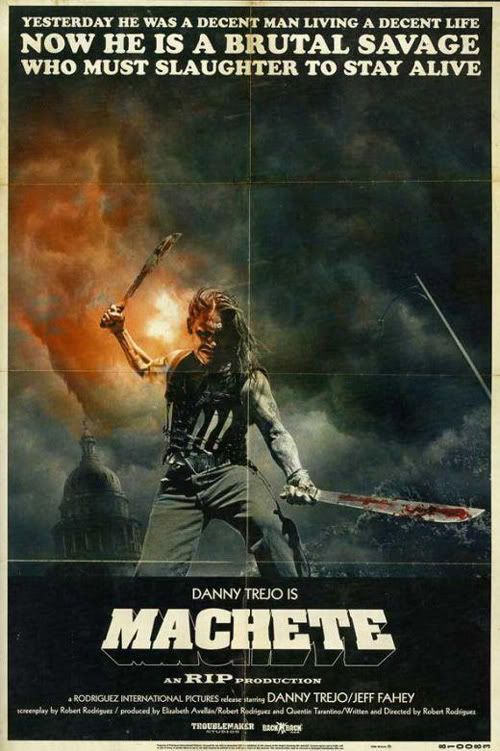
Think of Machete as a Mexican ‘Dirty Harry’. A dedicated supercop (that’s ‘Federale’ south of the border) who runs afoul of a drug lord and pays the price in family, Machete is forced to leave his country and heads into America. Down on his luck and working as an illegal day laborer like many of his unfortunate countrymen in Texas, he is offered a shady deal by a shady businessman. There’s a certain State Senator with a very hard stance against immigrant workers, and Machete is offered a large sum of money to kill the guy. Machete reluctantly accepts, but discovers too late that it’s a set-up. This betrayal and subsequent surge in the senator’s polls spells doom for Mexicans looking for a better life in America, unless Machete can focus his quest for heroic vengeance into the sort of inspirational spark that kindles the fires of revolution.
If this seems a little over the top or gratuitous in either message or execution, you win an award for spotting the bleeding obvious. Machete began as a gag trailer in the Rodriguez-Tarantino tag-team project Grindhouse, which has also spawned Hobo With A Shotgun and Werewolf Women of the SS. A tounge-in-cheek send-up of old-school schlock cinema with exploitative roles and themes aimed at the nigh-forgotten X rating, films like this in our day and age tend to get slapped with the ‘post-modern deconstruction’ label. And to an extent, that’s true here. There’s stunt casting, gratuity in terms of both sex and violence, and some very intentional tongue in cheek moments. That doesn’t make the underlying theme of Machete any less obvious or any less sincere.

“I got my green card right here, pendejo.”
It’s clear that the makers of Machete have little love for the American policy regarding immigration in its current state. Considering it can take someone pursuing a legitimate means to reside and work in the United States years of bureaucratic runaround and thousands of dollars in government fees, it’s no wonder there are people looking to cut corners and hop through loopholes. Rather than streamline the process to get these folks into the workforce in a legal way more quickly, many Americans prefer to lock down the borders entirely as if every single person crossing it is a member of that rather vocal minority of people who think blowing something up is a great way to promote the peaceful teachings of their prophet. The people caught in the middle with no means to support themselves and no recourse against the frustrating and obfuscatory ways and means of the government have done quite a bit to make things right, but they’ve never risen up in arms quite the way they do in Machete.
Racism has been tackled in many films before this one, from the dead serious dramatic portrayal in In the Heat of the Night to the side-splitting comedy of Blazing Saddles. While Machete‘s action and situations may be a bit too contrived to take seriously, its thematic material is just as sincere here as it is when it comes to immigration. It really is like taking a big, deep drink of something alcoholic to put you in a euphoric state of mind right before you get into a fight. It’s violent, painful and extremely real, but you’re laughing your way through it because of how the events are framed. Despite the toungue in cheek nature of its larger than life characters’ delivery, there are really people like this in America and they really are this ignorant, manipulative, power-hungry and indecent. And Machete killing his way throuugh their ranks is every bit as cathartic as the actions of the Punisher or the Boondock Saints.

All this and brains, too.
Normally I’d harp on a movie using contrivance or spectacle for its own sake, but the truth is a good movie that includes such things make them part of the point. While being hilariously over the top is par for the course when it comes to grindhouse fodder, Rodriguiez cannily uses these familiar, schlocky tropes the same way a stage magician uses pyrotechnics or a scantily-clad assistant. It’s all about distraction. You might not have realized it the first time you saw Machete, but while you were seeing Danny Trejo slice and dice his way through the bad guys, he was also delivering a B-52’s worth of dropped anvils regarding the shoddy state of the immigration issue in the US. As they say on that infamous page, though, some anvils need to be dropped.
I’m going to get off of my soapbox, now, and tell you that beyond this possibly overblown interpretation of the events of Machete, it’s still a movie that’s plenty entertaining in its own right. Like Desperado, From Dusk ‘Til Dawn and Sin City, Rodriguez tempers the breakneck pace of his shooting and cutting with funny character beats and smoldering sex appeal, this time around by Jessica Alba, Michelle Rodriguez and a surprisingly effective self-parody from Linsday Lohan. You get your recommended dose of Cheech Marin, Robert DeNiro’s just having a ball, Jeff Fahey nibbles on some scenery in a way you can’t help but appreciate, and Steven Segal… well, you can’t win ’em all. There a misstep here or there, the occasional stumble that never brings the production to a screeching halt, but that is actually part of the appeal of Robert Rodriguez, in this reviewer’s humble opinion. He isn’t afraid to run with something that might not seem 100% clean if it keeps the story and action going or speeds us along to the next good-looking dame. If you saw Grindhouse or caught sight of Machete’s special Cinco de Mayo message for Arizona on YouTube, and cracked a smile at the scenario or narration, definitely queue this one up. That’s pretty much what got me to see it – that image of Danny Trejo, airborne on a motorcycle with a mounted gatling gun, while a deep, extremely sincere voice intoned: MACHETE. RATED X.
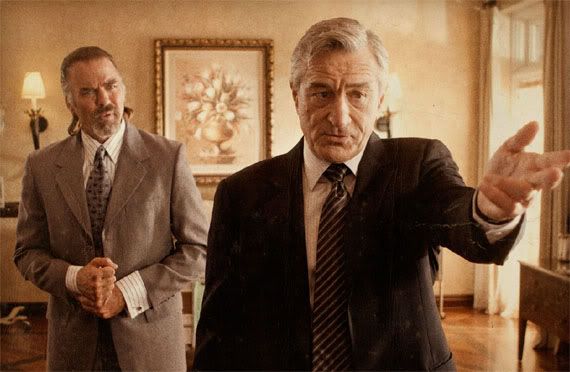
“Look at those bite marks on the scenery! Who in tarnation’s gonna clean that up?”
Yeah. Definitely not for the kids. But if you’re a fan of action, hot girls or criticisms of the United States government in the form of guns, blades and disembowlings? Machete‘s for you.
Josh Loomis can’t always make it to the local megaplex, and thus must turn to alternative forms of cinematic entertainment. There might not be overpriced soda pop & over-buttered popcorn, and it’s unclear if this week’s film came in the mail or was delivered via the dark & mysterious tubes of the Internet. Only one thing is certain… IT CAME FROM NETFLIX.

